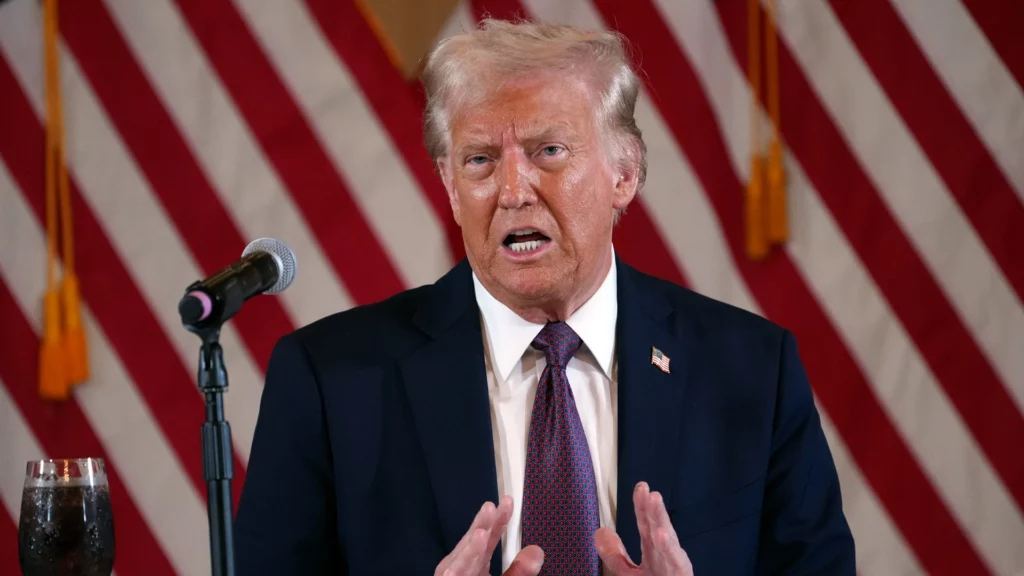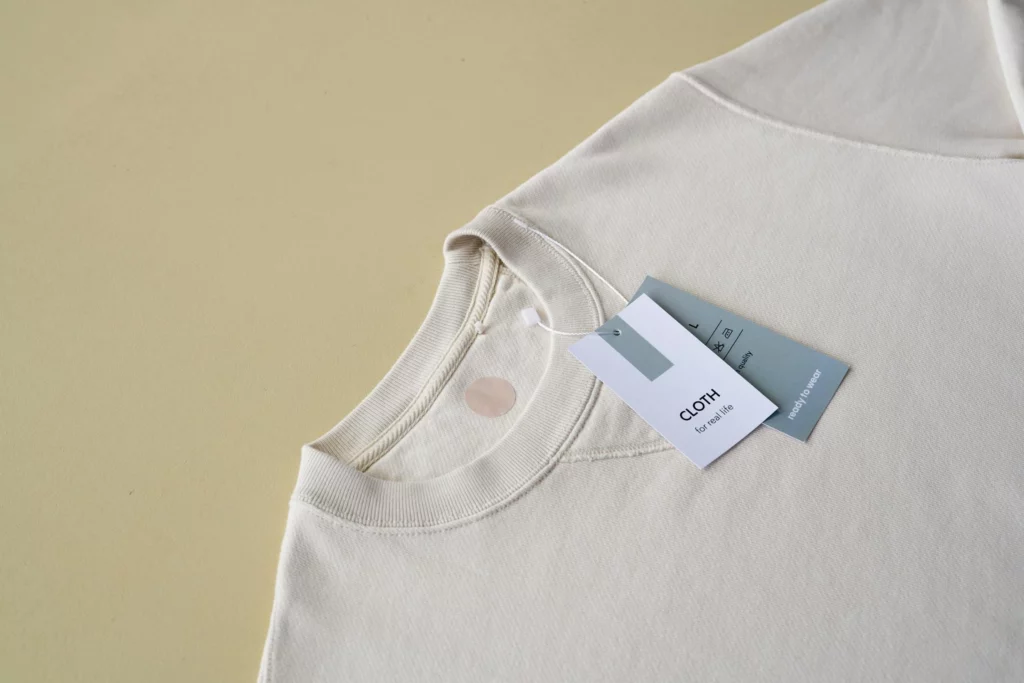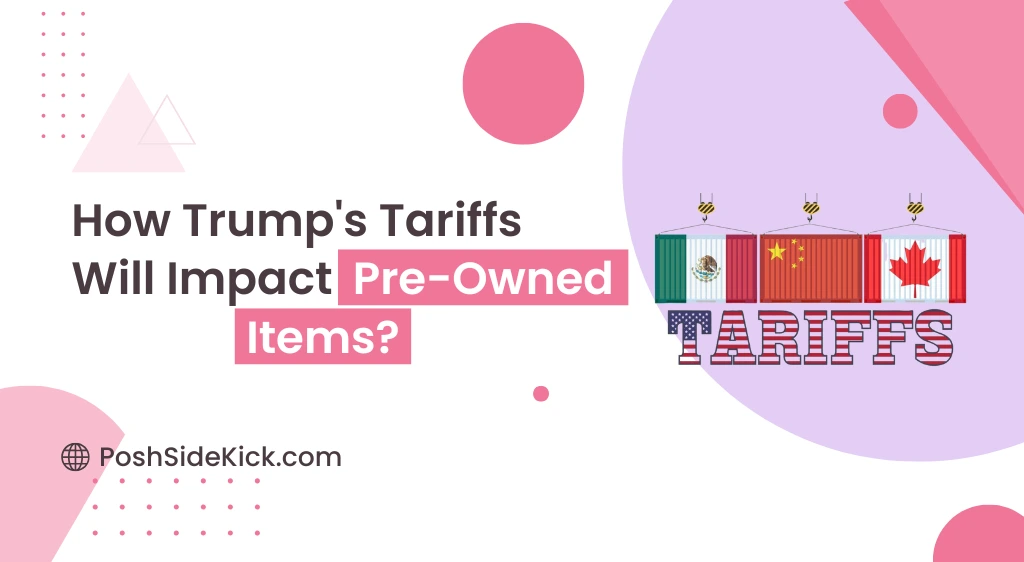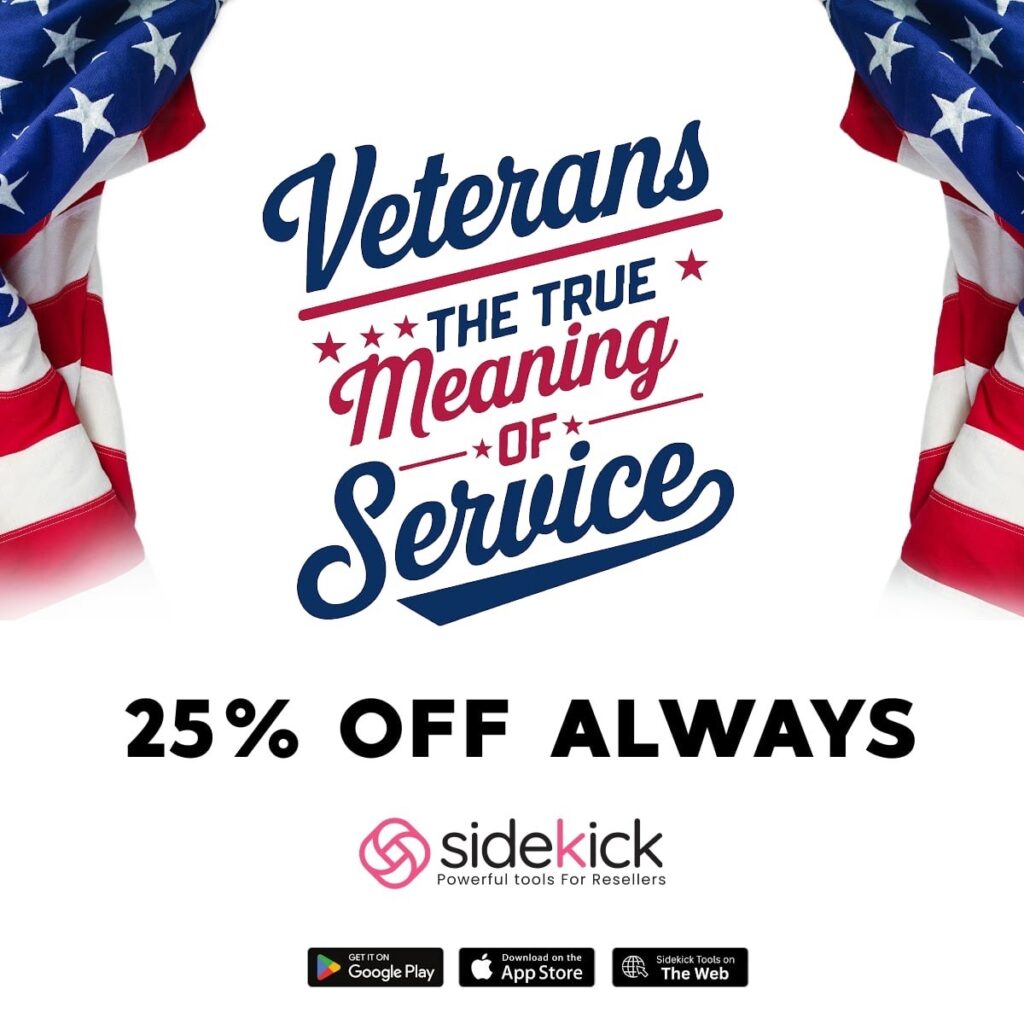When President Trump announced new tariffs on imported goods, most people were concerned about how these taxes would affect new items like electronics and cars. However, Trump’s tariffs also create ripple effects across the pre-owned marketplace. As an online reseller, you need to understand these tariffs and how they impact the buying and selling of secondhand items.
What Are Trump’s Tariffs and Why Do They Matter?
Tariffs are taxes on imported items. The newly elected US government adds these taxes to make foreign goods more expensive, hoping to encourage people to buy American-made products instead.

The Trump administration has placed tariffs on billions of dollars of imported items, including clothing, electronics, and household goods. While tariffs directly affect new products, they also affect how the secondhand market works. When new items cost more, it automatically shifts buying patterns in the used market too.
Rising Prices of New Goods Drive Secondhand Demand
It’s certain that the new tariffs by the Trump administration will make new products more expensive, and more buyers in the US will turn to the pre-owned market.
A new t-shirt that once cost $30 might jump to $40 because of tariffs. This price increase pushes budget-conscious buyers toward secondhand options.

This growing demand for used items can then drive up secondhand prices. What was once a $15 used shirt might now sell for $20 or more as more people compete to buy it.
Also Read: Why Resell Clothes Online Amid Tariff War
The Changing Supply of Pre-Owned Items
Trump’s tariffs will also affect how many pre-owned items are available. When new products such as clothing and fashion accessories like handbags become more expensive, people tend to hold onto their existing items longer. This means fewer items enter the secondhand market.

This reduced supply, combined with higher demand, creates a perfect storm for price increases in the pre-owned market. As a reseller, you may soon find you have fewer items to sell but can charge more for what you have.
Who Will be Winners in the Tariff Economy?
Online resellers with existing pre-owned inventory will see their stock increase in value without additional investment. When imported new items become more expensive, these pre-owned items suddenly look like better deals to budget-conscious buyers in the US.

Resellers who sell American-made vintage items will stand to gain even more. These vintage items completely sidestep tariff concerns, making them increasingly attractive compared to newly imported items. Consumers facing higher prices on new imports may discover these vintage items offer both quality and value.
Local manufacturers will also see renewed interest as imported competition becomes less price-competitive. This shift could revitalize domestic US production in sectors that had previously moved overseas.
Challenges for Online Resellers
Price Uncertainty
Frequent changes in trade policy by the Trump administration are creating uncertainty in the market. This will seriously impact online resellers as they will struggle to price their pre-loved items correctly when the cost of new items keeps changing. Also, consumers might delay purchases, hoping prices will drop if tariffs are removed.
Sourcing Difficulties
Trump’s tariffs have made it harder for online resellers to source inventory. Already there is less secondhand inventory entering the market that’s limiting the supply for resellers. With less cheap pre-loved inventory available, the competition is increasing and profit margins are shrinking, making sourcing a major challenge for resellers.
Consumers are Delaying Purchases
Most online buyers in the US are delaying purchases in hopes that prices will fall if tariffs are lifted. The frequent changes in tariff policies are creating price uncertainty that results in buyers avoiding buying items they see as non-essential.
This hesitation also impacts online resellers, who face slower sales and difficulty planning inventory as demand becomes more unpredictable in a volatile market.
The Bottom Line
Trump’s tariffs create both challenges and opportunities in the pre-owned marketplace. Buyers face higher prices but might find better quality as people invest in items that last longer.
Online resellers also need to stay proactive about trade policies and adjust their selling strategies accordingly.
Remember, the most successful resellers in the pre-owned market will be those who understand how tariffs affect specific categories and adapt quickly to these changes.









